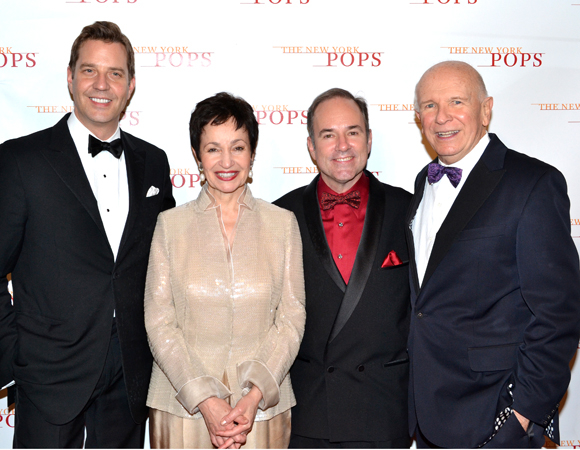Terrence McNally Wants Us To Know That He Is Not Retiring Any Time Soon
Words of wisdom on playwriting, patience, and the pendulum of Broadway from the four-time Tony-winning playwright and 2013 Skylight Honoree.
Since making his Broadway debut 50 years ago with The Lady of the Camellias, Terrence McNally has enjoyed one of the most celebrated playwriting careers on the New York stage. His four Tony Awards are evenly split between plays (Master Class, Love! Valour! Compassion!) and librettos (Ragtime, Kiss of the Spider Woman) and in 2011, he was awarded the Dramatists Guild Lifetime Achievement Award (his most treasured accolade by his own admission). Despite all of his “lifetime achievements,” he remains hard at work, preparing to go into rehearsals for a new play at the The Pearl Theatre Company and planning for a Broadway run later this season with Mothers and Sons.
The Skylight Theater in Los Angeles, California has chosen to honor the illustrious playwright in a four-day, star-studded salute recognizing his five decades of artistic achievement. TheaterMania had a chance to chat with McNally before the weekend of festivities kicked off, asking him to both reflect on his career up until this point and anticipate where he hopes it will take him next. He also shared some advice for aspiring playwrights, offering a glimmer of hope that the wave of star-studded Broadway revivals may soon go the way of the British invasion.

(© David Gordon)
How does it feel to be honored for your body of work when you’re still creating more work?
Well, as long as people realize that I haven’t retired, it’s lovely. [Laughs] But it doesn’t mean I’m retiring. I’m very much in the midst of things. As busy as I’ve ever been. It’s kind of wonderful.
You don’t feel like slowing down at all?
Not yet. I’m sure that’ll happen. I don’t run as fast for a bus or the subway as I used to but mentally I think I’m doing okay.
Do you have any particular goals for the remainder of your career?
Just doing the work I want to do. I still have several plays I’m thinking about. I want to keep them alive until I get around to actually writing them. But I don’t see an end in sight yet. The theater can be very stimulating and joyful and there are days it’s difficult and frustrating. You start your career hoping you’re going to be able to earn a living. You don’t get much beyond that. I still worry about making a living. But I wanted to have a career in the theater and I’ve been able to do that and that’s very gratifying.
What’s your number-one piece of advice to aspiring playwrights?
Hang out with very smart people. If you’re a writer, hang out with good actors and good directors and hang out at theater companies that are interested in doing new work. I don’t think Broadway is particularly welcoming right now to a young writer. It’s hard for Edward Albee to get a play on these days — it’s certainly going to be hard for Joe Smith to get a new play out. There are a lot of good young theater companies and that’s where you should hang out rather than at the Shubert office. There’s a lot of talent out there. You just have to identify it and you should try to work with people you think you’re going to learn from.
Who taught you the most in your career?
Well, my first successful play [Next] was directed by Elaine May and I learned a lot working with her. You learn from everybody but Elaine was a very big influence. When you work with a good director like Joe Mantello, Jack O’Brien, Frank Galati, you learn all the time.
Are you hoping Broadway will become more welcoming to young playwrights again like it used to be?
I’d like to see it move back [to the way it was]. [Where] a young playwright is welcome and the play’s the thing and we don’t have quite so many revivals. I love revivals but I don’t think they should ever outnumber new plays. And I think sometimes now we’ve gotten a little crazed with the search for stars. I have nothing against stars as long as they’re appropriate for a part. If they’re not the right actor for the part, then what’s the point in having them? But I think things are cyclical and I have a feeling Broadway is going to become more welcoming to new plays again. Right now, it seems to be mainly musical-based and movies and revivals with stars. [But] ten years ago it was like living in London. Everything was British. You just hang in there and it changes. I don’t despair Broadway; I just get impatient with it sometimes.
Impatient?
Yes, I would have it faster. In the sixties when I began my career, I finished [a play] on Friday, it went into rehearsal on Monday. Now it seems you finish it in 2010, have a reading in 2011, a workshop in 2012, maybe a production in 2013. It just slows everything down. I think plays are being worked to death actually. Overdeveloped. Eventually you have to jump off the ledge and you’re going to land safely. People are more reluctant to do that.







